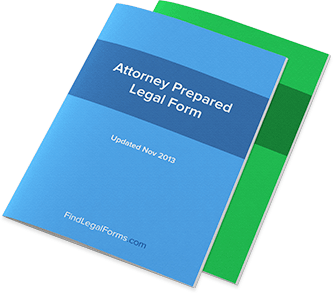Never Miss a Deal Again with Solid Real Estate Sales Contracts
Real estate is a big business. Sure, the times are tough out there – home prices haven’t seemed to recover, and a lot of people are nervous about real estate. But in tough times, the necessity for a good real estate sales contract is even more apparent. You do, after all, want to keep the money you earn from these sales without any legal quibble or hassle.
That’s the goal of a real estate sales contract, of course – to make the agreement ironclad so that it will stand up in a court of law. Of course, any legal form that is this ironclad will discourage bad behavior, which is exactly what you want. But let’s dig a little deeper into the world of real estate sales contracts and see how you can make the most of the ones you download here at FindLegalForms.com.
Understanding the Real Estate Transaction
For many of us, the home we buy is one of the most valuable investments we’ll ever make. Whether or not you get a good return on that investment is up to a few factors, such as:
- The market: the market of house prices is really one of the main determining factors as to the price of your home – other than the quality and location of the home itself. You’ll want to keep in tuned with the market and stick to the classic “buy low and sell high” model. If you’ve been paying attention, that means that right now is one of the best times to buy some real estate, as long as you have the patience to ride out a recession.
- The quality of your transaction: Not only is it important that you make a good purchase or sale on your real estate, but it’s important that you have the legal forms to back your strategy up. You want to put the agreement in writing so that neither party can go back on it, and so the terms of the transaction (and change of ownership) itself is put in clear writing. These clear plans make it easier on both parties to do business, and easy business is generally good business.
Of course, what actually goes into a real estate sale contract might still elude you. So let’s close in on some more of those details and explain what the form is all about.
The Real Estate Sales Contract
Quite simply, this type of contract is an agreement between two people for the transaction of real estate. Two parties are usually involved – the buyer(s) and the seller(s), although the transaction form can really refer to both parties as anything it likes, provided those terms are defined at the top of the contract.
This contract will include certain necessary details like the price to be paid for the real estate, the location of the real estate, and how the transaction is to occur. If you want to make sure your real estate transaction goes smoothly, we encourage you to check out one of our sales forms.


